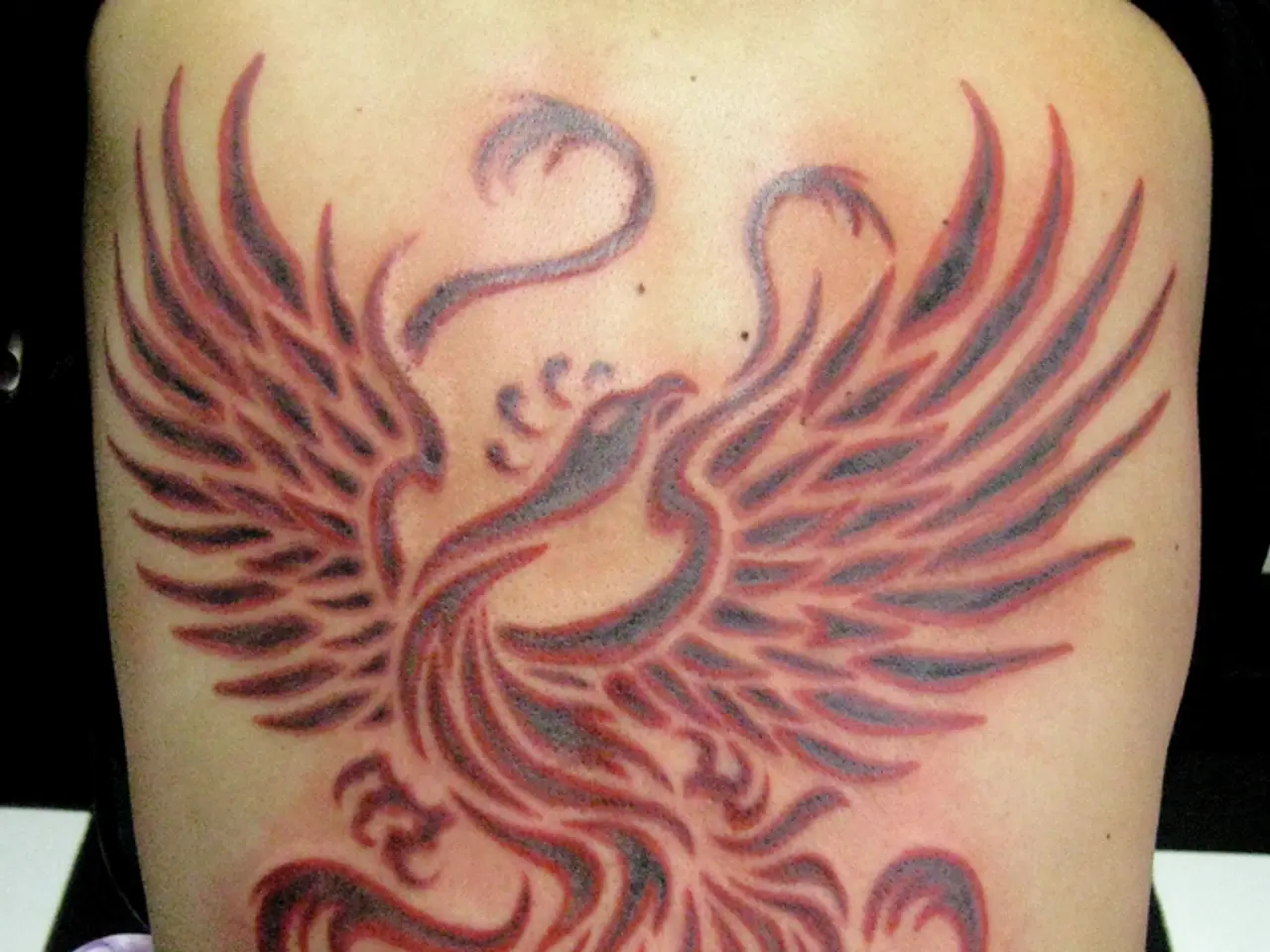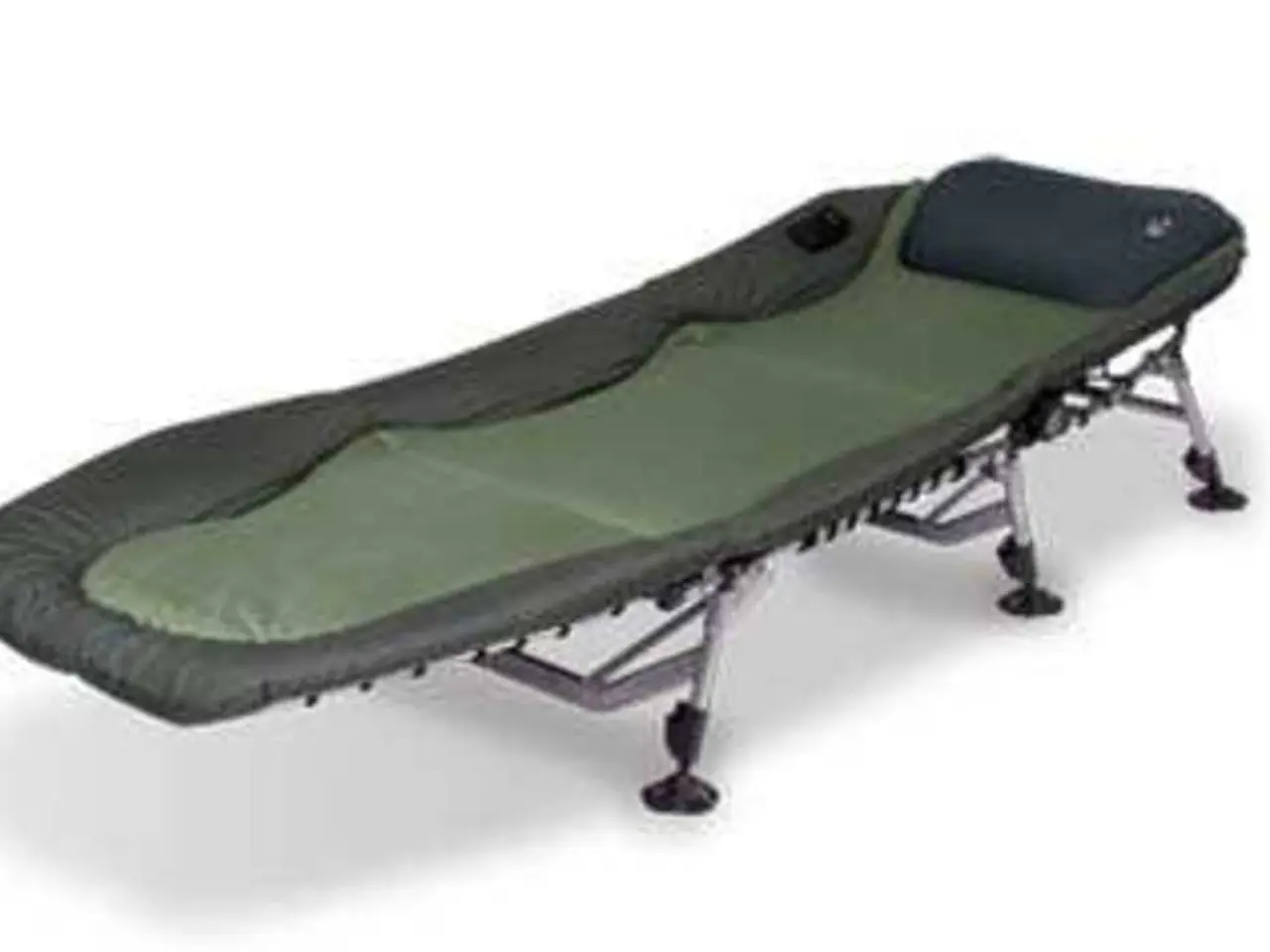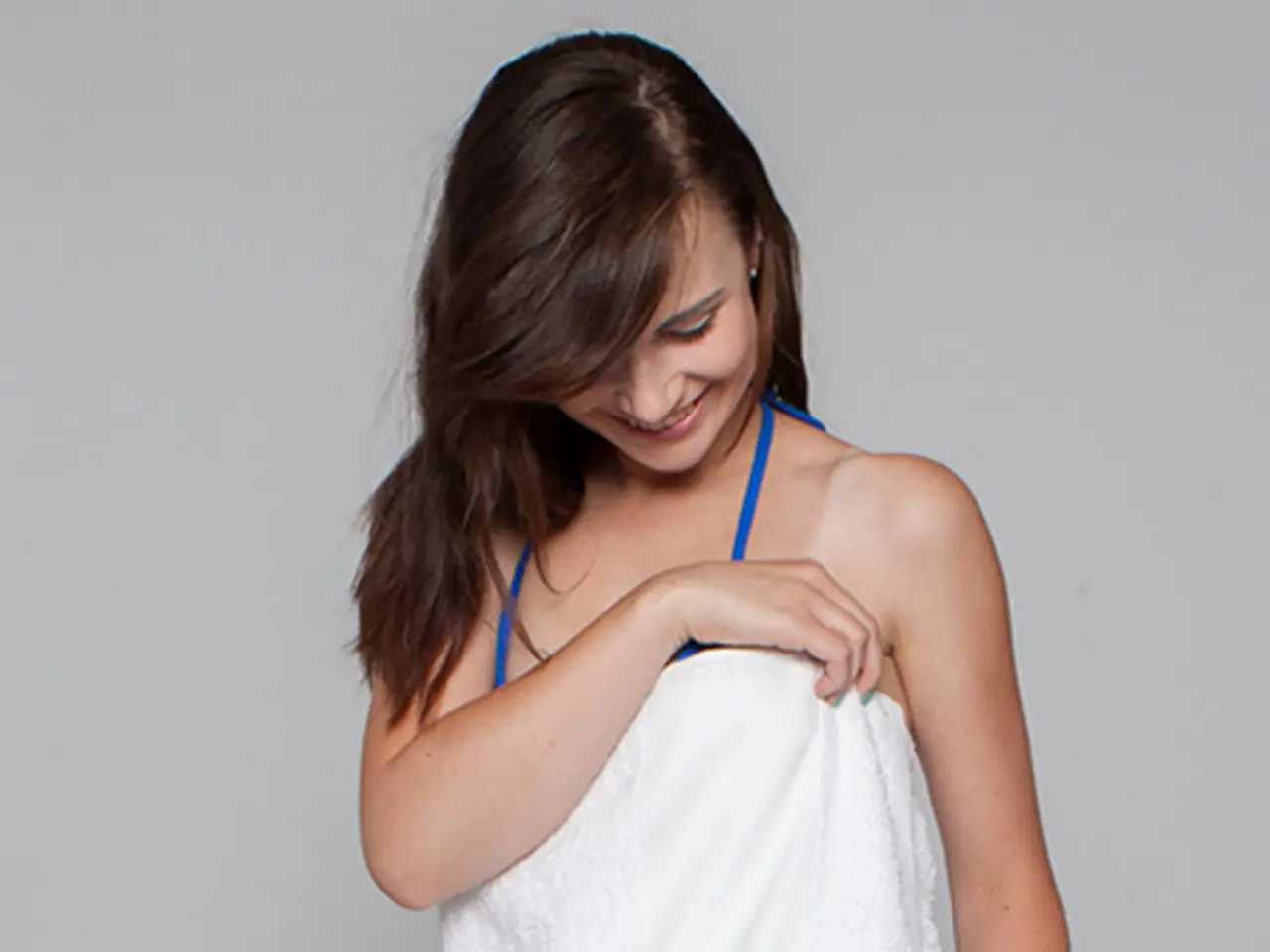Tattoo Irritation: Understanding the Causes and Appropriate Remedies
Psoriasis, an autoimmune disease, can be triggered by skin injuries such as getting a tattoo. While itching from a new tattoo is normal due to the healing process, it should subside within 1-2 weeks. If the itching persists or worsens, it's important to consult a doctor.
Skin cancer is not directly linked to tattoos, but it can appear anywhere on the skin, including areas with tattoos. However, some people who have tattooed skin may develop an allergic reaction to sunlight, leading to symptoms such as itching, redness, and blisters. In severe cases, this reaction can be life-threatening, requiring immediate medical attention.
People with eczema may wish to speak with a doctor before getting a tattoo, as eczema could flare up in the area of the tattoo months or even years later. If eczema develops on or around a new tattoo, it's advisable to ask the tattoo artist about moisturizers that will not interfere with the new ink.
Allergic reactions to tattoo ink are common, particularly to red, yellow, blue, and green pigments, which contain heavy metals like mercury, cadmium, and chromium. These reactions can cause intense itching, redness, and swelling.
Infections can also occur if the tattoo is not properly cleaned or if the aftercare is inadequate. Symptoms include increased pain, redness, swelling, and pus.
To help alleviate an itch caused by the normal tattoo healing process, it's important to avoid scratching the tattoo, picking at scabs, using washcloths or scrubs, or using irritating or harsh products on the tattoo.
Keeping the tattooed area well-moisturized can help relieve itching and promote healing. Over-the-counter antihistamines can reduce itching and alleviate allergic reaction symptoms. Topical creams or ointments, especially those recommended by a healthcare provider, can help soothe the skin and reduce itching.
If itching persists or worsens, or if other symptoms like redness or swelling appear, it's crucial to consult a healthcare provider to rule out infections or severe allergic reactions. Avoiding products that have fragrances or alcohol can help prevent exacerbating eczema.
If someone notices itching with changes to the skin in the area of a tattoo, they should see a doctor for a skin cancer check. Tattoo shops should provide aftercare instructions and an ointment for use during healing. It's important to follow these instructions carefully to prevent infection and ensure proper healing.
Tattoo inks can cause an allergic reaction in some people, especially red ink containing toxic metals like aluminum, iron, and calcium. To prevent sun exposure-induced reactions, keep the tattoo protected from the sun and avoid bathing or swimming for the length of time the tattoo artist recommends. Keeping creams or ointments in the refrigerator may also help with itching.
In conclusion, while itching after a tattoo is common, it's important to be aware of potential causes and seek medical help if necessary. Proper aftercare and avoiding irritants can help prevent and manage itchy tattoos.
- A person with psoriasis might want to consider the potential risks before getting a tattoo, as the disease can be triggered by skin injuries.
- Allergic reactions to tattoo inks, particularly red, yellow, blue, and green pigments containing heavy metals, can cause intense itching and swelling.
- If eczema develops on or around a new tattoo, it's advisable to ask the tattoo artist about moisturizers that will not interfere with the new ink.
- Infections can occur if the tattoo is not properly cleaned or if the aftercare is inadequate, causing symptoms like increased pain, redness, swelling, and pus.
- Keeping the tattooed area well-moisturized and avoiding products that have fragrances or alcohol can help relieve itching and promote healing.
- Over-the-counter antihistamines can help reduce itching and alleviate allergic reaction symptoms, while topical creams or ointments can help soothe the skin and reduce itching.
- In severe cases of an allergic reaction, requiring immediate medical attention, some people may develop symptoms like itching, redness, and blisters that can be life-threatening.
- Skin cancer is not directly linked to tattoos, but it can appear anywhere on the skin, including areas with tattoos.
- If someone notices itching with changes to the skin in the area of a tattoo, they should see a doctor for a skin cancer check and follow the tattoo shop's aftercare instructions carefully.




